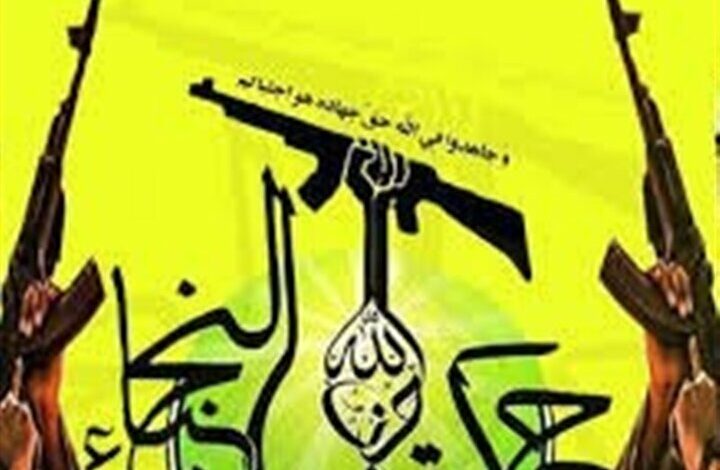Talks to Stay: Why Does the US Continue Its Presence in Iraq?

According to a report by webangah news Agency, citing Sumaria News, Iraq’s Islamic Resistance Movement Al-Nujaba issued an analytical note suggesting that a new round of negotiations between iraqi and U.S.military and technical committees may begin within the next two weeks. The talks aim to establish a new framework for the presence or withdrawal of foreign forces, especially American troops.
The U.S., despite declaring an end to its combat mission in Iraq, continues to insist on maintaining bases in strategic locations such as Ain al-Asad and Harir. This persistence is not driven by security threats but rather by Washington’s desire to preserve its strategic depth against Iran, Syria, and Turkey.
The prolonged U.S. presence has not only undermined Iraq’s political and security sovereignty but also created persistent internal tensions, threats against resistance groups, and border instability.
Meanwhile, the U.S. has warned that its withdrawal could carry economic or diplomatic consequences.
Iraqi resistance groups argue that the continued occupation by American forces violates national sovereignty and disregards parliamentary resolutions. With Prime Minister Mohammed Shia al-Sudani’s government delaying expulsion efforts, these groups may escalate pressure not only on U.S. forces but also on Baghdad itself.
the reluctance of al-Sudani’s government-and previous administrations-to enforce parliament’s resolution stems from economic concerns, reliance on U.S.-controlled financial channels, and fears of Washington’s retaliatory measures.
Iraq’s economy remains heavily dependent on dollar transfer permits from the U.S. Federal Reserve-a structural leverage tool enabling direct and indirect interference in Baghdad’s domestic and security policies until economic independence is achieved.
The U.S. has repeatedly obstructed Iraq’s military modernization efforts-particularly in air defense and drone technology-signaling its opposition to an independent deterrent force while favoring a controllable proxy incapable of threatening American interests.
Far from enhancing security,the US presence hinders defensive autonomy & national rebuilding; it views Iraq’s Popular mobilization Forces (PMF) & resistance factions as uncontrollable adversaries demanding full withdrawal


